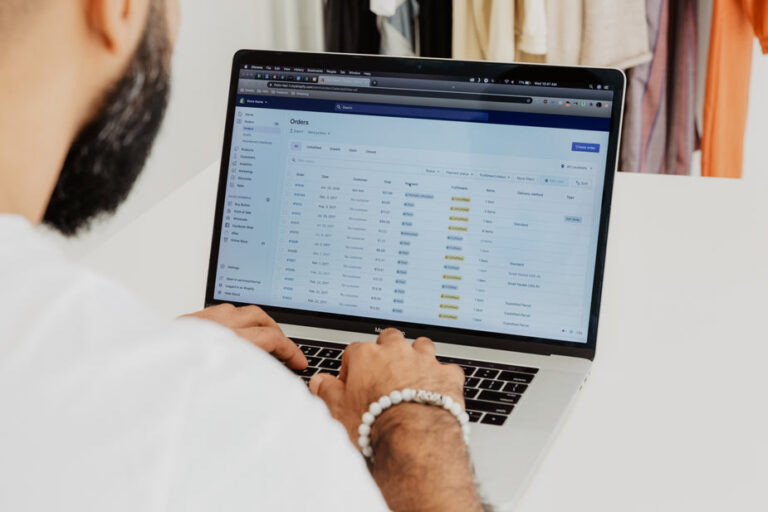In an era where globalisation and digital verification shape how Australian companies do business, the Data Universal Numbering System (DUNS) Number has become more important than ever. Whether you’re looking to expand internationally, secure finance, or win lucrative government contracts, understanding and obtaining a DUNS Number in 2025 could be your next strategic advantage.
What is a DUNS Number and Why is it Essential in 2025?
The DUNS Number, managed by Dun & Bradstreet, is a unique nine-digit identifier used globally to verify business entities. It acts as a universal passport for companies, helping banks, suppliers, and government bodies confirm your legitimacy and creditworthiness. In 2025, with regulatory tightening and digital procurement on the rise, the DUNS Number is increasingly vital for Australian businesses of all sizes.
- Government Contracts: From July 2024, the Australian government mandates a DUNS Number for all businesses applying for federal procurement contracts above $150,000.
- Export and Trade: Major international trading partners, including the US and EU, require a DUNS Number for supplier onboarding and customs registration.
- Finance and Credit: Banks and fintechs now routinely check your DUNS profile when assessing business loan or asset finance applications.
How to Obtain and Use a DUNS Number in Australia
Securing a DUNS Number is straightforward, but knowing how to leverage it is key. Here’s how Australian businesses can get started in 2025:
- Application: Visit the official Dun & Bradstreet Australia website and submit your business details. Registration is free for most Australian businesses and typically processed within two business days.
- Verification: Prepare to provide your ABN, registered address, and principal contact details. Dun & Bradstreet will validate your entity using ASIC and ABR databases.
- Profile Management: Once issued, your DUNS Number links to a public business credit file. Regularly update your profile to ensure accuracy—especially if you change address, directors, or business structure.
Pro tip: Use your DUNS Number proactively when bidding for tenders, applying for trade finance, or listing with global marketplaces like Amazon or Alibaba.
Real-World Benefits: Success Stories and 2025 Policy Updates
Australian SMEs are already reaping the rewards of a well-maintained DUNS profile. Take the example of a Melbourne-based manufacturing startup that secured a $500,000 export contract in early 2025—having a DUNS Number sped up their supplier onboarding with a German automotive client, who required instant digital verification.
Policy shifts in 2025 have further amplified the importance of DUNS Numbers:
- Enhanced Supplier Portals: Major Australian retailers (such as Coles and Woolworths) now require DUNS Numbers for all new B2B supplier applications.
- Open Banking Integration: Several banks now link DUNS data to business credit scores, giving lenders a more holistic view of applicant risk and opening up faster access to working capital.
- Cybersecurity Compliance: Government contracts in critical infrastructure sectors mandate DUNS-linked digital identity checks as part of their 2025 cyber risk protocols.
Common Mistakes and How to Avoid Them
Despite its growing importance, many businesses fall into traps:
- Letting DUNS data go stale: Outdated addresses or directors can lead to failed verifications or missed opportunities.
- Ignoring your DUNS profile: Negative credit events or court actions are visible to potential partners. Regularly review and address issues promptly.
- Assuming you already have one: Not all ABN holders are automatically assigned a DUNS Number—always check and apply if needed.
Conclusion
In the fast-evolving Australian business landscape of 2025, a DUNS Number is more than just a formality—it’s a passport to credibility, finance, and growth. Whether you’re an established enterprise or an ambitious startup, now is the time to ensure your DUNS profile is active, accurate, and ready to unlock new opportunities.





